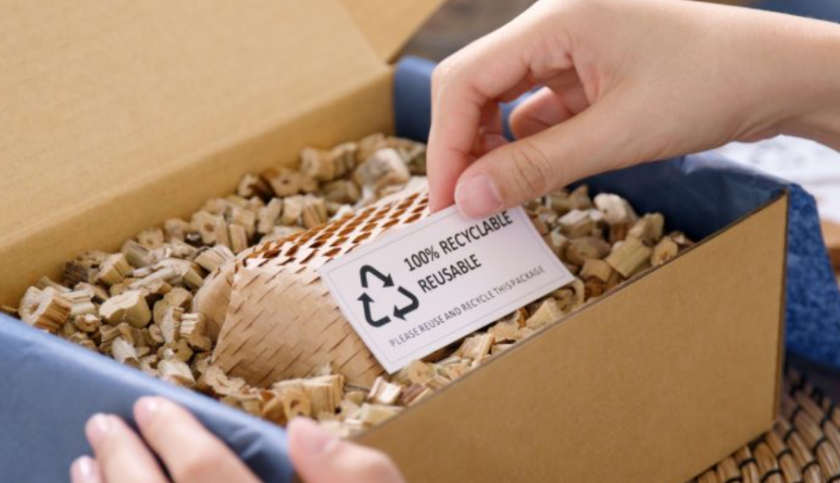It’s not new information that bees are vitally important to the ecosystem. To boost the population (which given experts cause for concern), Cheerios is sending out free wildflower seed packets to people in the U.S. as part of its “Bring Back the Bees” campaign.
This all sounds great, right? Bees will have plenty of flowers to pollinate. What’s the harm?
Well, the problem is that shipping plant seeds all across a continent can lead to ecological issues. According to Fortune, some of the flowers included int he packets are invasive species in certain areas:
Each region of the U.S. has its own way of reacting to different flowers. Among the flower seeds included in Cheerios’ giveaway, the Forget-Me-Not is banned in Massachusetts for being a noxious weed. Another flower, the California poppy, is listed as an invasive plant to southeastern states.
What’s more, LifeHacker reported that some of the plants aren’t native to the U.S. at all, so they wouldn’t necessarily be good for bees in the U.S.
LifeHacker spoke to Kathryn Turner, an ecologist who specializes in invasive plants, about Cheerios’ attempt at an eco-friendly promotion:
No plant is inherently ‘bad,’ but many species can and have caused a great deal of damage when they are introduced into locations outside of their native range. Invasive species can out-compete the natives they encounter, they can take up all the space and use up all the resources, they can spread disease, and cause other physical changes to their new homes, all of which can have detrimental effects on native species and on humans. It doesn’t happen with every plant and in every location, and scientists (like me!) are working now to figure out why that is, how to predict what will cause a problem, how to manage or prevent invasions.
So, while Cheerios’ heart was in the right place when it set out to help the bees of North America, it’s always a good idea to do your homework when it comes to environmental crusades.
For promotional products distributors including “green” components (like seeds) in promotions it’s important to take into account where the plants will end up, and how they could affect the environment.


